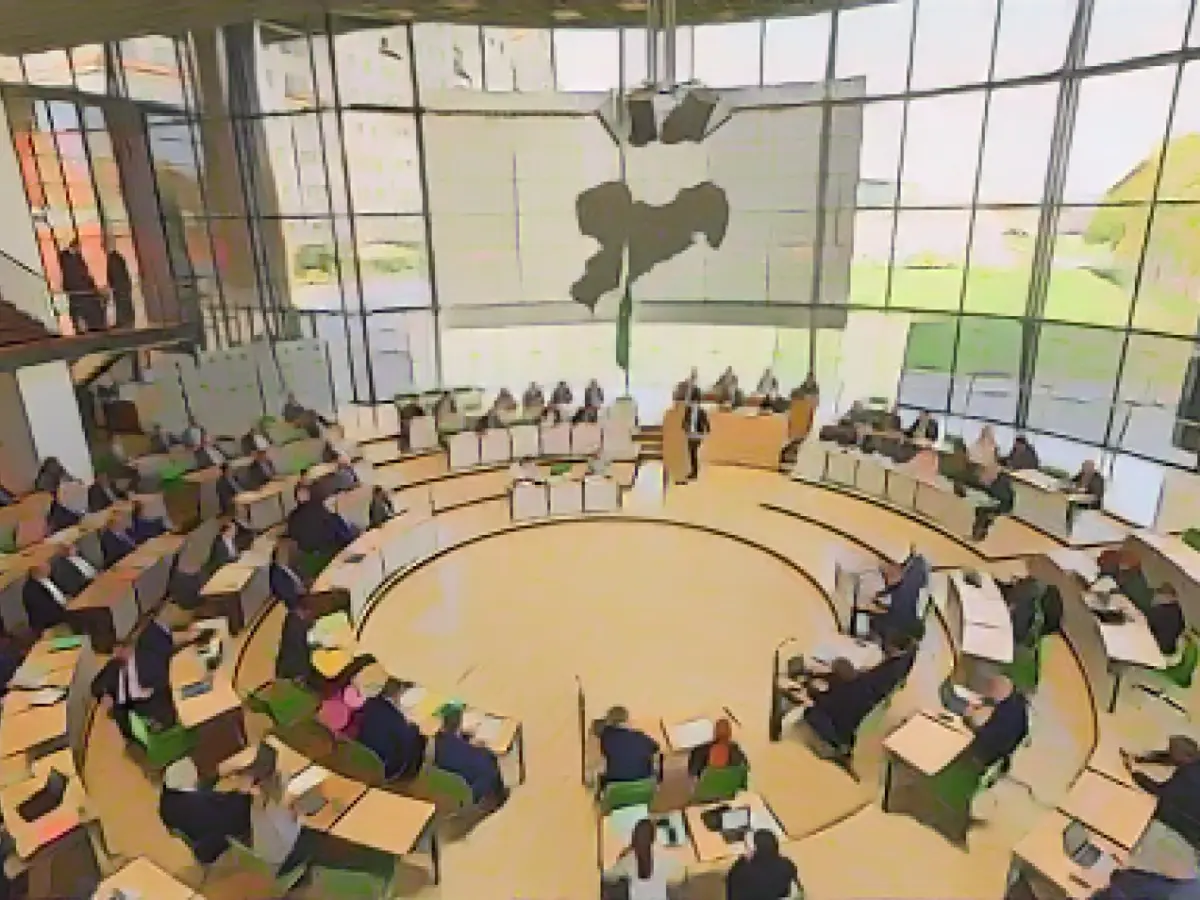The financial policy sphere in Germany is currently buzzing with debates surrounding the necessity of reforming the debt brake, as advocated by the SPD, Green, and Left parties. According to SPD leader Dirk Panter, the existing debt curbs are outdated and could potentially impede investment, progress, and unity at both federal and state levels.
The Left Party is particularly wary of making cuts to the federal budget that may impact the most vulnerable groups in society. Susanne Schaper, the party leader, likened this situation to the Hartz IV debates of 20 years ago, where the unemployed and poor were unfairly singled out. Pressing concerns also surround investments in critical sectors like education, health, climate protection, local governments, and future industries, which may be hindered by the present debt restraints.
Green Party politician Valentin Lippman emphasized the importance of modernizing Germany's financial policies to maintain its competitive edge as a business location. While changes are crucial, Lippman is against the outright abolition of the debt brake.
Conversely, the CDU and AfD are staunch supporters of the debt brake, maintaining that it serves as a vital financial safeguard. Peter Wilhelm Patt, a CDU finance politician, argued that the debt brake is essential, having been backed by the constitutional courts. He added that citizens pay the highest taxes ever, and the state should make ends meet without burdening future generations with unnecessary debt.
AfD finance politician André Barth echoed similar sentiments, advocating for proper prioritization of tasks within the state government rather than easing the debt brake restrictions at the present time.
The city of Dresden reflects the broader concerns around fiscal responsibility and investment in the future. Despite massive tax revenue growth in recent years, Germany's states have struggled to manage expenses and invest sufficiently, leading to ongoing debates over the role and importance of the debt brake.
The recent rulings of the Federal Constitutional Court have injected a sense of urgency into this debate, emphasizing the need for a balance between fiscal discipline and investment to secure a prosperous future for Germany.








